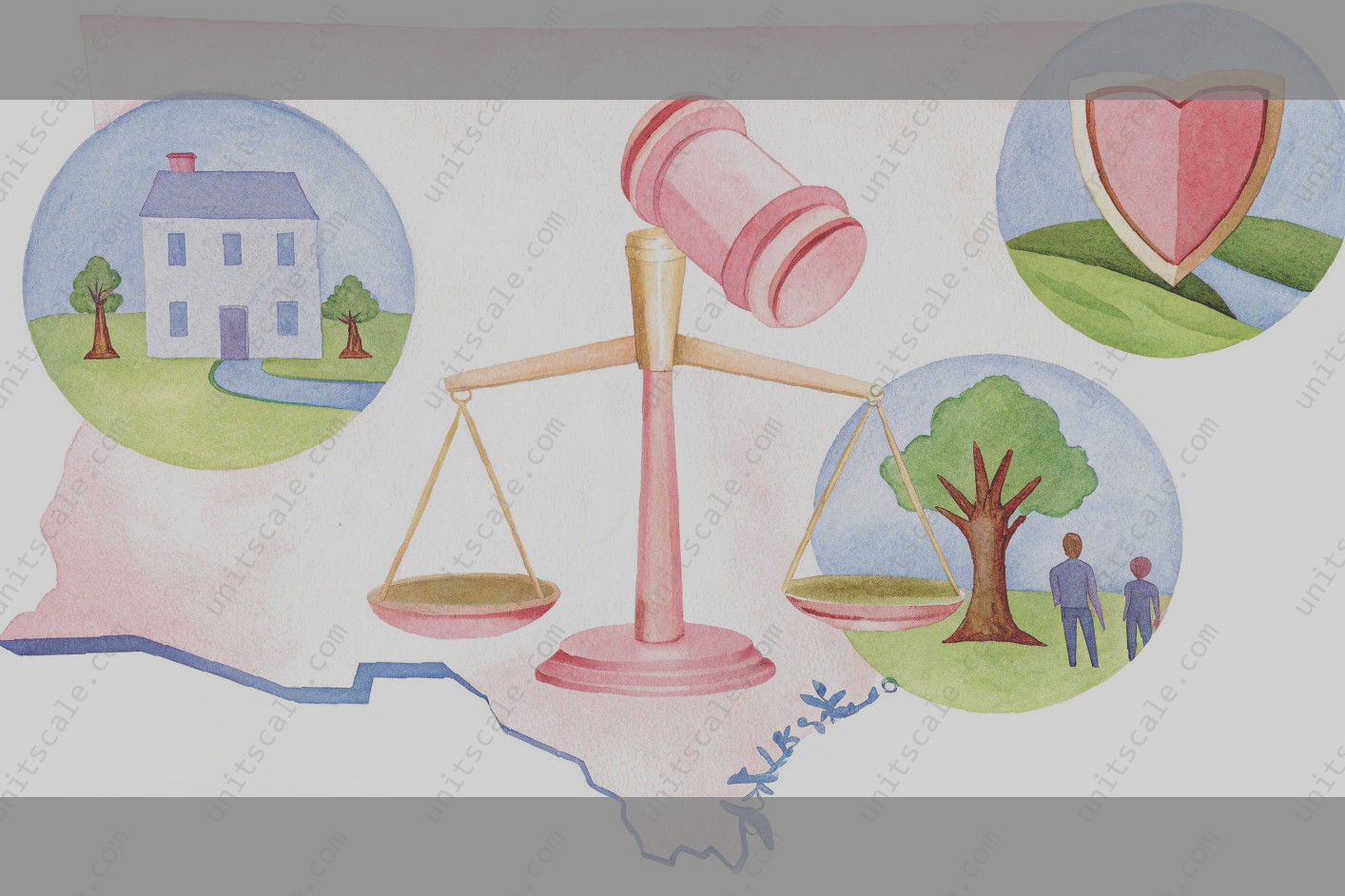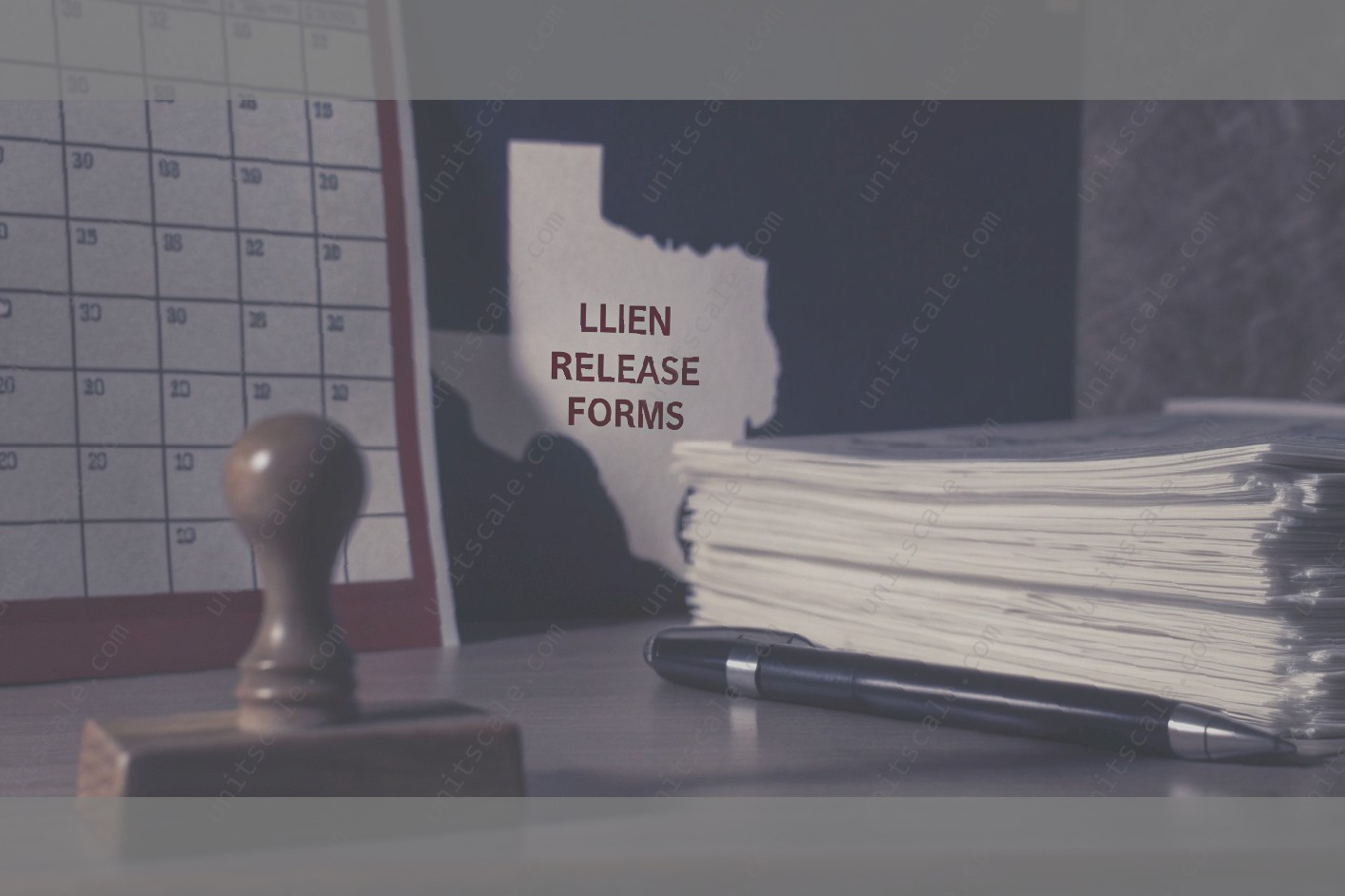What is Legal Guardianship?
In Louisiana, a Legal Guardian is one of several ways for a person to provide adequate care for another person. Legal Guardianship is additionally the legal framework by which a person provides for the care and personal well-being of a minor or incompetent adult, both financially and physically. If a minor or adult requires care due to mental or physical incapacity, an adult previously named or determined to be better suited to care for them may petition the court for Legal Guardianship. The court is then charged with considering Maintenance Service through the Department of Health and Hospitals (DHH) as a potential alternative to Guardianship.
A Guardianship can avoid the necessity of establishing a Conservatorship for a person requiring it if no disputes exist between the person requesting Guardianship and other similarly qualified adults. The court will then evaluate the most suitable arrangement for the person requiring care , considering all existing family dynamics.
In Louisiana, Legal Guardianship and Custody are not the same. Although both terms are used to describe the legal ability to make personal, financial decisions for another person, those terms are technically different.
Another example exists with a Minor Child whom is a Recipient of Payments from Social Security Disability. If a person’s estate requires the management of Social Security funds, a tutorship must be established.

Different Types of Legal Guardianship in Louisiana
In Louisiana, there are different types of legal guardianship that may be applicable depending on the circumstances. Each type serves a unique purpose and comes with its own set of rights and responsibilities.
Minor Guardianship
Minor guardianship is the most common form of guardianship in Louisiana. This type of guardianship applies to individuals who are under the age of 18 and is typically requested when a parent is unable to care for their child. Minor guardianships can be requested by any competent adult, such as a grandparent, stepparent, aunt, or uncle.
During a minor guardianship, the guardian has the authority to make decisions regarding the medical care, education, and general wellbeing of the minor, similar to a biological parent. However, the minor’s parents still retain certain parental rights, and the guardian must seek court approval before making major life decisions for the minor.
Adult Guardianship
Adult guardianship applies to individuals who are over the age of 18 and cannot manage their own affairs due to mental incapacity. This type of guardianship may be necessary if an individual has dementia, a developmental disability, or suffers from an illness that impairs their ability to make decisions for themselves.
In an adult guardianship, the guardian has the authority to make decisions on behalf of the individual, such as medical care, property management, and financial matters. The extent and limitations of the guardian’s power are determined by the court and are in the best interest of the individual under guardianship.
Temporary Guardianship
Temporary guardianship is a short-term solution to specific guardianship needs, such as for vacation or during medical treatment. This type of guardianship is granted to an individual or agency for a limited period and for a particular purpose, such as managing the individual’s finances or coordinating medical care.
Temporary guardianship is less formal than other types of guardianship and requires less court supervision. The court may grant temporary guardianship on an emergency basis, in which case no notice to the individual or interested parties may be required.
Eligibility Requirements for Guardianship
Here, we will explore the eligibility criteria for guardianship in detail, shedding light on who can become a legal guardian in the state of Louisiana. The process of appointing a guardian can be complex and time-consuming. Hence, it is crucial to have a thorough understanding of who qualifies, with specific emphasis on the eligibility criteria and any individual disqualifications.
In Louisiana, any individual who is of legal age (18 years or older) and of sound mind can potentially serve as a legal guardian. The legal age limit for the appointment of a guardian is absolute, meaning that there are no exceptions.
Essentially, this leaves open who the guardianship candidate can be. Family members or other close acquaintances may nominate themselves; however, the court reserves the right to approve or disapprove any petition for guardianship.
In certain circumstances, individuals under the age of 18 can take on the role of guardian for younger family members; however, they will not be able to serve in legal capacity until they turn 18.
Southern states, including Louisiana, tend to be particularly restrictive about who is eligible to become a legal guardian. In addition to the legal age requirement, candidates cannot have a history of criminal activity, including felony convictions. Certain misdemeanor convictions can also disqualify applicants. This is an area where it is helpful to have legal representation. It is highly recommended that all petitions for guardianship are handled by qualified and experienced attorneys so that there is less chance for unexpected outcomes.
If there is an existing guardianship in place for the lost person or minor, a new guardian will be established through a petition to the Court as described above. The court may choose a family member, close acquaintance or even a neutral third party (such as a lawyer) to serve as the guardian. Which type of guardian is more likely to be appointed will depend upon the situation. In many cases, it may be most ideal for the individual to appoint a person they trust. However, if there is any question of susceptibility about the individual needing the guardian, a neutral third party may be appointed by the court.
Keep in mind, the appointment of a legal guardian is a significant step. Guardianship can have a lasting impact on the life of the person under guardianship, as well as the guardian(s) involved. It is imperative to ensure that the right person(s) is/are appointed. In addition, guardianship is not necessarily a permanent situation. This is another area where a qualified attorney can greatly assist in making the experience as painless as possible.
Establishing Legal Guardianship
When a Louisiana resident applies to court to obtain legal guardianship for a minor child or an incapacitated adult, they must present the following:
- A verified petition for guardianship
- Medical evidence of the person’s incapacity or minority.
- A social study of the minor child’s need for guardianship which includes the following:
(a) The date and place of birth of the minor; the name and address of the parents or custodians of the minor; the names, residences, and dates of birth of the minor’s siblings; and the name, residence, and date of birth of each other person with whom the minor has resided during the year preceding the date of filing the petition.
(b) The extent of the incapacity of the minor and extent of the incapacity requiring a guardian.
(c) The nature, condition and degree of the incapacity of the minor.
(d) When it is proposed that a disabled person be declared a qualified minor due to their disability criteria, the social study shall include the medical evidence that such disability exists.
(e) The conditions under which the minor currently resides and can reasonably expect to reside and the types of services and programs available in the community in which the minor resides which are available to assist the minor and, where appropriate, the protection the minor may expect to obtain under the Protection from Family Violence Act pursuant to Part IV of Chapter 1 of Title 9 of the Louisiana Revised Statues of 1950, R.S. 9:361 et seq.
(f) Detailed information regarding the ability of the parents to provide adequately for the minor’s care and physical and mental needs and whether they have expressed an intent or any indication to provide for these needs or had the ability to do so at the time of death or incapacity.
- The consent of the parent or custodial parent of the minor, if they have not given up legal custody.
- If the person petitioning is not a parent or custodial parent of the minor who has not given up legal custody, they will need a certificate from an authorized agency stating the circumstances that disabled the parent or parents from providing adequate care for the minor and that all reasonable effort to locate the parent or parents and obtain their consent for guardianship was made and that one or both parents failed to give consent to the proposed guardianship.
- Any other evidence or information that would support the proceeding.
- When appointing a guardian for a minor child, the court may rely upon any medical, psychological, social, educational, or other relevant evidence to determine whether a guardian is needed.
Legal Guardian Rights and Obligations
For individuals appointed as legal guardians in Louisiana, both rights and responsibilities are paramount components of the role. The designated guardian is assumed to be best suited to take care of the ward – the person who is legally protected by the guardian. It is only natural that with such an important obligation comes both considerable power as well as serious duties.
A legal guardian has a right and authority to make decisions about the ward’s personal and financial matters. Those facing the basic white-lining of decisions, such as which doctor may treat the ward, which schools may he attend, and which banks may handle their financial affairs should prepare for an overwhelming amount of paperwork and background checks. Guardians are also expected to provide for the daily needs of the ward, which may include making decisions about their medical care as they become necessary.
As with most jobs, supervision is a necessary part of the process. The court continually requires evidence of proper guardianship by means of an annual report. This report provides information regarding the status of the ward as well as the actions of the administrator . Guardians are required to maintain all receipts and records of all money received or spent on behalf of the ward. The court takes the request for a guardianship seriously and expects the guardian to perform their duties without negligence.
The final roadblock to guardianship is that of compensation. In Louisiana the law clearly defines that legal guardians may be entitled to compensation for their services. No party shall be entitled to compensation without first establishing that it is the "common and ordinary charge" for such services in that area. This fee must then be approved by the court. After all, economic profit from guardianship is not the reason for their creation.
All in all, guardianship is the job of a loving relative or friend willing to sacrifice time and energy to assist those willing of mind but not of body. It is a job that requires a compassionate and dedicated individual to put aside their own agenda to meet the needs of another. While it involves legal authority and responsibilities that vastly expand beyond the traditional role, it is nevertheless still the job of a loving and devoted friend.
Legal Guardianship Challenges and Considerations
While the creation of a legal guardianship can serve as an important part of an individual’s estate plan, it is not without its share of potential challenges and considerations that must be taken into account by a prospective guardian or legal representative. The process of seeking and obtaining legal guardianship can be both emotionally and financially taxing on those involved. It requires careful calculation and documentation and may involve intensive cooperation with a host of professionals, including physicians and attorneys, among others. In some cases, an individual may take a defensive position against the legal guardian, creating further complications and difficulties in the process. The legal processes involved in the design and creation of a guardianship may also be difficult for individuals to understand, particularly with regard to such factors as home evaluations and required hearings. The availability of a dedicated, experienced attorney can often make a tremendous difference in reducing the stress and anxiety of estate planning and guardian appointment, and in helping individuals navigate complicated and restrictive areas of guardianship law. Being named a legal guardian is no small responsibility, and individuals charged with this capacity should carefully investigate the role, its requirements and its impact on their ability to care for the person in question. For example, once appointed, a guardian may find that he or she has limited time to fulfill the role due to work or family considerations, and may seek outside assistance in providing care and perpetually oversee the process. In that case, it may be possible to appoint a legal guardian or administrator to serve the short-term needs of an individual while the primary guardian conducts regular oversight and monitoring. This helps to ensure that the overall well-being of the person is being met while allowing the primary guardian to focus on other family and professional obligations. The use of a legal assistant or administrator can also help to ensure that all relevant recordkeeping and paperwork obligations are met during the guardianship process, avoiding complications in the future.
Changing or Ending Legal Guardianship
In Louisiana, a legal guardianship is generally intended to be a permanent situation. Nonetheless, a legal guardianship can be modified or terminated in certain circumstances. For example, the circumstances surrounding the appointment of the guardian may change. The needs of the sub-ward for whom the guardian provides care and supervision may evolve with their maturity. A financial dispute might arise, and a modification may be necessary to ensure the proper use of the sub-ward’s finances. Terminology relating to modification and termination includes the words redress, review and removal.
Different grounds exist for modifying or reversing the appointment of a legal guardian. In most cases, the person or entity seeking the modification must file a petition with the court in which the original order of legal guardianship was made.
A redress is a remedial action. Redress is the term that is used to describe the broad category of legal relief from injuries or wrongs. In Louisiana, redress is the process by which a legal guardian can ask the court to intervene in the administration of the property of the sub-ward.
A review is a written review of the guardianship yearly. During a review, the court analyzes the manner in which the guardian has overseen the care and property of the sub-ward. The review procedure is not an action in which the guardian is sued. The review is simply for the purpose of ensuring that the sub-ward’s property and care is being handled in a proper manner.
A removal is the procedure by which a legal guardian is removed from his or her position as guardian of the sub-ward upon certain conditions. An action for removal of the guardian is a successor action to the review procedure. Removal actions are often filed by persons who are interested in becoming a substitute or successor guardian. A review is the first step, and if the evidence establishes that the attorney general should investigate the removal of the guardian, then the proceedings will convert to a removal.
Legal Resources and Support
For those interested in legal guardianship in Louisiana, a number of organizations can provide assistance. The Louisiana Bar Association offers resources online, and local legal aid organizations can offer free or reduced-fee legal assistance to those who qualify. The Louisiana Developmental Disabilities Council provides information on services and programs for people with disabilities, including those related to guardianships. Many disability advocacy organizations can also provide resources for guardians and wards with a disability. Support groups exist both online and in-person for parents and caregivers. The Louisiana Department of Children and Family Services provides information about child and adult services , including adoption and guardianship. Local legal assistance organizations in Louisiana include Southeast Louisiana Legal Services, Capital Area Legal Services Corporation, Acadiana Legal Service Corporation, and Pro Bono Project of New Orleans. These organizations provide free or low-cost legal assistance to individuals meeting eligibility requirements, including those in need of assistance with legal guardianship.


